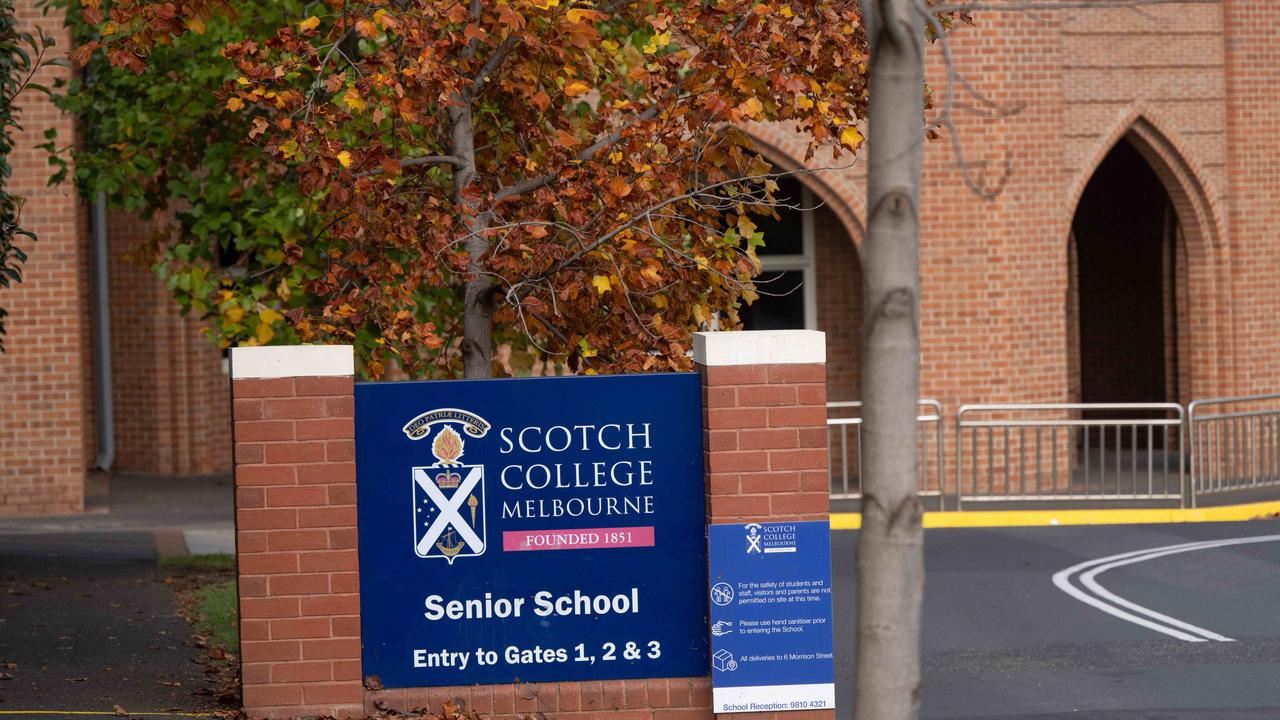Macquarie University study finds kids with concussion are more unlikey to finish high school
A new study has found children who suffered this preventable injury were more likely not to complete Year 12.
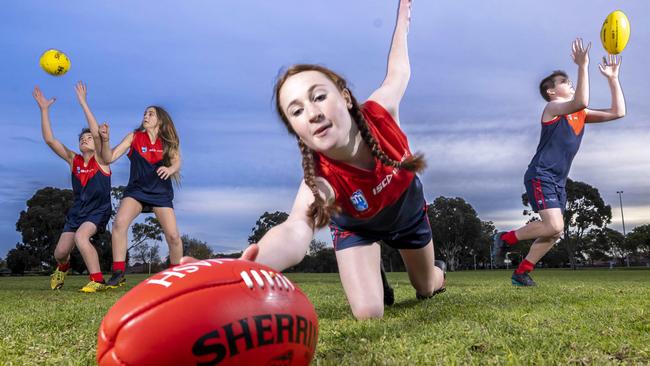
Education
Don't miss out on the headlines from Education. Followed categories will be added to My News.
Children who sustain a concussion are 77 per cent more likely to not complete Year 12 and have significantly higher risk of poor school performance, a landmark study has revealed.
Experts say recovery from concussion can take longer than expected and called on schools to better monitor the academic performance and wellbeing of students who experience head trauma.
The new research, led by Dr Reidar Lystad from Macquarie University, analysed the scores and high school completion of thousands of Australian students who had been admitted to hospital with concussion.
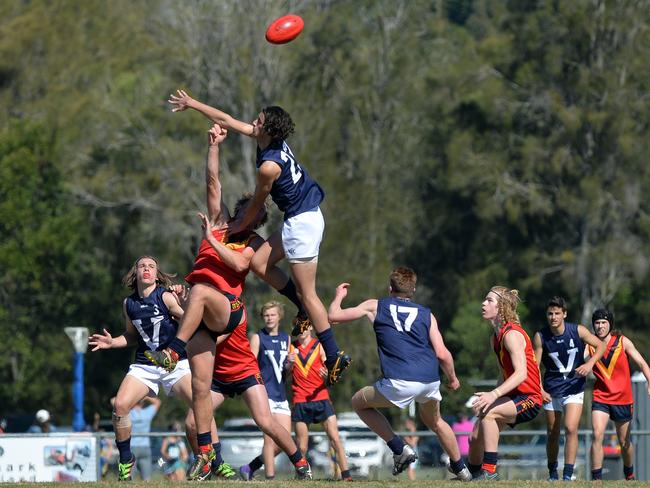
It found they are 30 per cent more likely to not achieve national minimum standards in numeracy, increasing to 43 per cent in spelling, when compared to students who had not been admitted to hospital with injury.
They are also 29 per cent more likely to not complete Year 10, increasing to 64 per cent in Year 11.
One in eight children will experience a concussion before they are 18 years old.
Dr Lystad said the poorer education outcomes are due, in part, to cognitive and behavioural changes that negatively impact their ability to learn.
“These changes can also last for a longer period of time than many people might expect, meaning support is required for an extended period of time,” he said.
In about a third of children who have experienced a concussion, effects such as headaches, sleep problems, poor concentration and depression can last longer than four weeks, leading to difficulties at school or absenteeism.
“We also know that poor school performance or leaving school early can also lead to difficulties securing employment in later life,” he said.
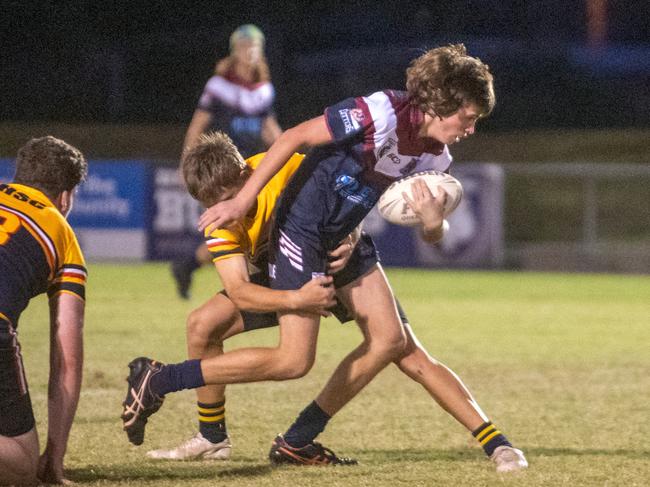
Dr Lystad said falls and sport are the main cause of concussion injury in this age bracket.
He said there had also been an “increasing trend” of parents pulling their kids out of sport due to fears of head trauma.
“We don’t want children to stop playing sport or being adventurous, but there is a need to ensure that young people with concussion have access to multidisciplinary healthcare services, so they can recover without falling behind,” he said.
Dr Lystad said the systems for recognising and reporting concussions need to be improved in schools, as not all injuries happen during school hours.
He said young people with concussion would also benefit from early interventions to prevent poor schooling outcomes, such as early school leaving.
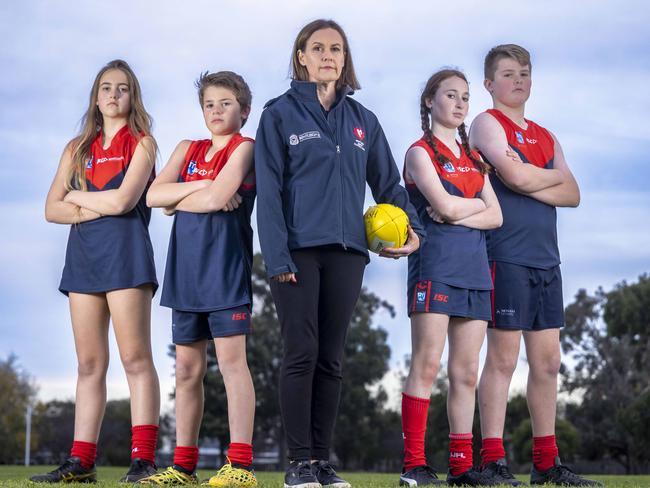
Mother Genine Arvanitakis, who has two children who play at the Bentleigh Junior Football Club, said concussion management and prevention was extremely important in contact sport.
Ms Arvanitakis is also a member of the South Metro Junior Football League’s Concussion Management and Injury Prevention working party.
“As training co-ordinator at the club, I know we have strict concussion policies,” she said.
“We have a 12 day rule where players who get concussed are not allowed to play. They have complete rest for 48 hours and then after a couple of days we see how they go with walking, running and light training.
“We’ve also developed a relationship with the schools in the area. They tell us if kids have been hurt at school, and we tell them which kids have been hurt during training.”
The Department of Education requires all schools in Victoria to plan for the first aid needs of students and staff and ensure that appropriately trained first aid officers are available to respond to incidents and injuries.
“Schools are provided with detailed guidance in how to respond to a student displaying signs or symptoms of concussion — including how to support their re-engagement following a concussion,” a spokesperson said.
“Victorian schools provide tailored programs for students who need additional learning support, such as the Tutor Learning Initiative and Navigator Program.”




